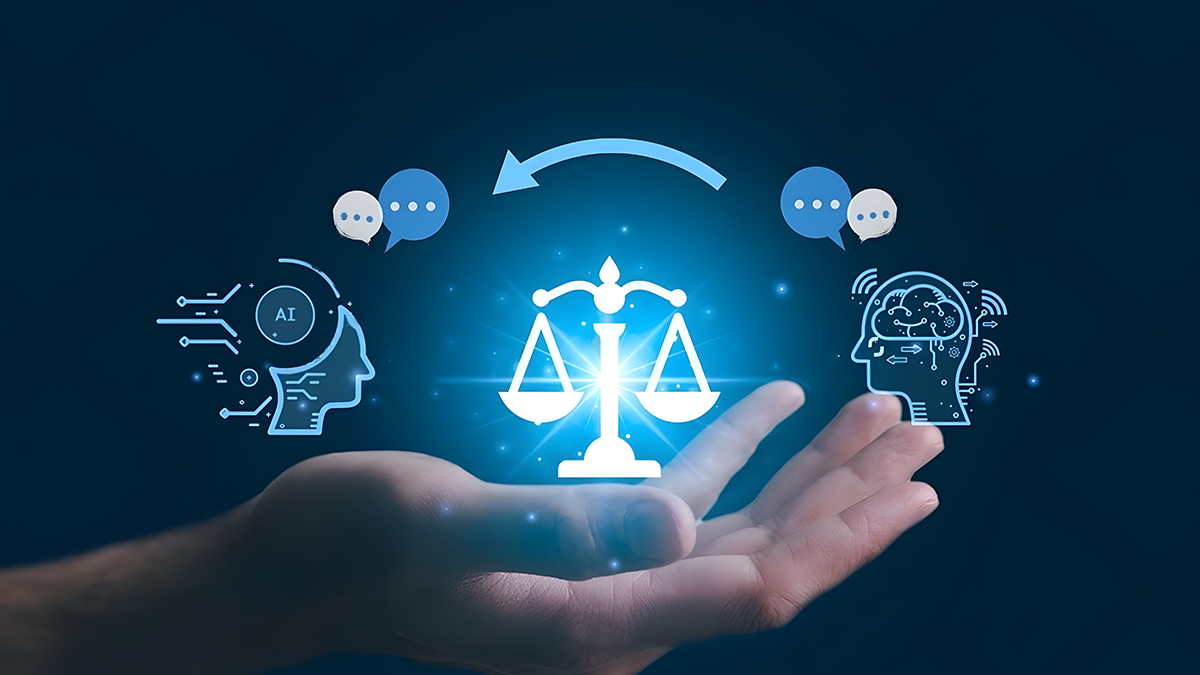
AI’s Enhanced Search Capabilities: Beyond Keywords
Legal research has traditionally relied heavily on keyword searches, a process often yielding irrelevant results or failing to uncover crucial precedents hidden within complex legal documents. AI-powered legal research tools, however, go far beyond simple keyword matching. They utilize natural language processing (NLP) to understand the context and nuances of legal queries, identifying relevant cases even when the precise keywords aren’t present. This contextual understanding significantly improves the accuracy and efficiency of the research process, saving lawyers countless hours of tedious manual searching.
Predictive Policing and Risk Assessment: A Double-Edged Sword
AI algorithms are increasingly used to predict the likelihood of recidivism or assess the risk posed by individuals involved in the legal system. While this can contribute to more informed sentencing and parole decisions, concerns remain about potential biases embedded within the algorithms and the ethical implications of relying on predictive models. Case studies reveal that datasets used to train these AI models may reflect existing societal biases, leading to discriminatory outcomes. The transparency and fairness of these systems are crucial areas that require ongoing scrutiny and improvement.

Case Study: AI Streamlining Contract Review
A major international law firm utilized an AI-powered contract review tool to analyze thousands of contracts in a merger and acquisition deal. The AI significantly reduced the time required for contract review, identifying key clauses and potential risks far quicker than a team of human lawyers. This allowed the firm to expedite the deal closure, saving the client both time and money. The AI also flagged subtle inconsistencies and ambiguities that might have been missed by human reviewers, further mitigating risk.
Automating Document Drafting and Analysis: Increased Efficiency
AI is transforming the process of drafting legal documents. Tools now exist that can automatically generate standardized legal documents, such as contracts and wills, based on user-provided information. This not only accelerates the drafting process but also ensures consistency and reduces the risk of errors. Furthermore, AI can analyze large volumes of legal documents, identifying patterns and trends that might be missed by human analysis, assisting in tasks like due diligence and regulatory compliance.
Case Study: Improving Access to Justice with AI-Powered Chatbots
A non-profit legal organization implemented an AI-powered chatbot to provide basic legal information and guidance to individuals who lack access to legal representation. The chatbot answered frequently asked questions, screened cases to determine eligibility for legal aid, and provided basic information about relevant laws and procedures. This initiative significantly improved access to justice for underserved communities, allowing them to navigate the legal system more effectively.
Challenges and Ethical Considerations: Addressing Bias and Transparency
While AI offers tremendous potential benefits for legal research and practice, it’s crucial to acknowledge and address potential drawbacks. AI algorithms are only as good as the data they are trained on, and biased data can lead to biased outcomes. Ensuring data diversity and fairness is paramount. Furthermore, the “black box” nature of some AI algorithms raises concerns about transparency and accountability. Understanding how these algorithms arrive at their conclusions is vital for building trust and ensuring responsible use in the legal field.
The Future of AI in Legal Research: Collaboration, not Replacement
The future of legal research likely involves a collaborative approach between human lawyers and AI systems. AI can automate routine tasks, enhance the accuracy and efficiency of research, and provide insights that might be missed by human analysis. However, the human element remains crucial for judgment, ethical considerations, and nuanced understanding of the law. The integration of AI into legal practice will ultimately empower lawyers to provide better, faster, and more efficient legal services.
Case Study: AI-Driven Litigation Support
In a complex commercial litigation case, an AI-powered tool was used to analyze thousands of documents, identifying key evidence and potential witnesses. The AI’s ability to quickly process and analyze large volumes of data significantly assisted the legal team in building their case and developing their litigation strategy. This resulted in a more efficient and effective use of time and resources, leading to a more favorable outcome for the client. Click here to learn about AI in legal research case studies.
